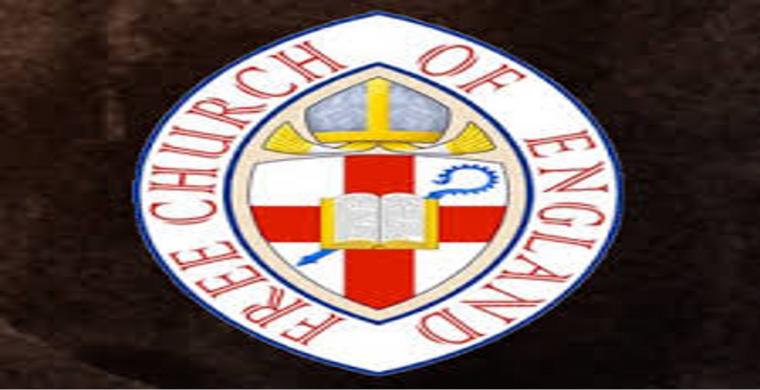THE FREE CHURCH OF ENGLAND SHOULD DO WHAT IT SAYS ON ITS EVANGELICAL TIN
By Julian Mann
Special to Virtueonline
www.virtueonline.org
February 20, 2020
The Free Church of England could be a spiritual home for evangelicals leaving the Church of England but only if it does what it says on its evangelical tin.
Evangelicals leaving the Church of England in the 19th Century formed the FCE because they were concerned about an Anglo-Catholic take-over. The FCE's foundational Declaration of Principles makes this crystal clear:
'This Church CONDEMNS and REJECTS the following erroneous and strange doctrines as contrary to God's Word: First, That the Church of Christ exists only in one order or form of ecclesiastical polity; Second, That Christian Ministers are "priests" in another sense than that in which all believers are "a royal priesthood"; Third, That the Lord's Table is an altar on which the oblation of the Body and Blood of Christ is offered anew to the Father; Fourth, That the Presence of Christ in the Lord's Supper is a presence in the elements of Bread and Wine; Fifth, That Regeneration is inseparably connected with Baptism.'
But in the past few years its current Bishop Primus, John Fenwick, has been introducing Anglo-Catholic practices into the FCE, especially in its northern diocese. Convocation, which is supposed to be the governing body of the FCE, does not seem to have been doing much to stop this ironic departure from the FCE's founding convictions.
A 'Pastoral Letter and Statement' watering down the Declaration of Principles appeared on the FCE website last year signed by John Fenwick and the bishop of the southern diocese, Paul Hunt. Convocation has not approved this letter but it is still there and John Fenwick has been insisting that FCE people in 'the 21st Century' must read the Principles in the light of it.
Though I have been very concerned about this, the main reason I resigned as FCE minister of Emmanuel Church in the Lancashire coastal town of Morecambe Bay was to do with church growth and evangelism, which should be the priority for any evangelical. The FCE Central Trust closed the door on a suggested partnership with another evangelical church in Morecambe for a shared use of the Emmanuel building. Church by the Bay, which belongs to the Federation of Independent Evangelical Churches, is a lively church family about to outgrow its primary school venue.
I very much believed this partnership would, the Lord willing, have enabled Emmanuel to become a hub of Christian love and good deeds on the bay front. Without this, I could not see a future for Emmanuel Anglican Church with a congregation of about five people in their 80s and 90s and the church building looking as if it were closed. The arrangement I wanted to present to the FCE Central Trust would have involved a legally binding commitment from Church by the Bay that they would support an ongoing FCE presence at Emmanuel for as long as possible. There could have been joint services and other joint ventures between the two churches.
I was supportive of a plan for Tennessee-based Sports Fan Outreach International, whose chief evangelist is an Anglican minister, to make Emmanuel its UK HQ. But I did not see how a partnership with an American organisation wanting to do evangelism at famous sports grounds in Liverpool and Manchester would help Emmanuel reach local people for Christ in Morecambe.
The town has a high proportion of drug addicts and alcoholics who are not in great physical shape. There seem to be more mobility scooters in Morecambe than anywhere else on the planet, even in a mobility scooter factory.
Morecambe has a professional football club, nick-named the Shrimps, but it is second from bottom in the fourth division, below Macclesfield Town. It is hard to imagine hunky SFOI interns wanting to hang around the Shrimps when they would rather be at Old Trafford and Anfield. Surely effective evangelism has to be sensitive to the local culture?
To exclude Church by the Bay because it is not 'part of the Anglican family' seems to put the Anglican above the Evangelical and the Evangelistic.
END














